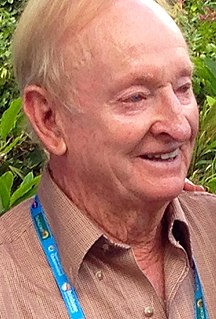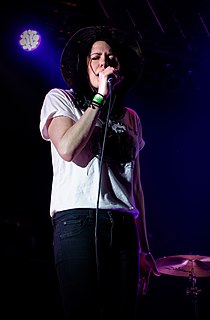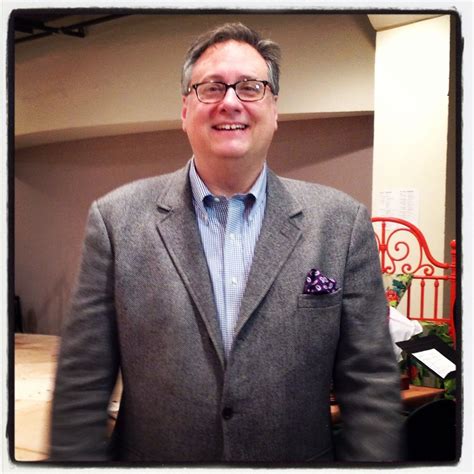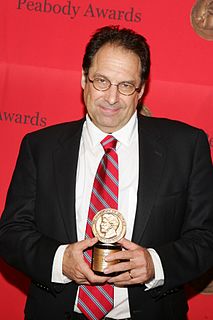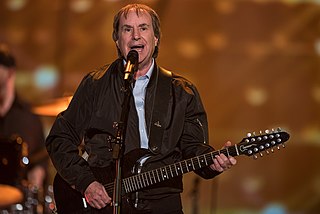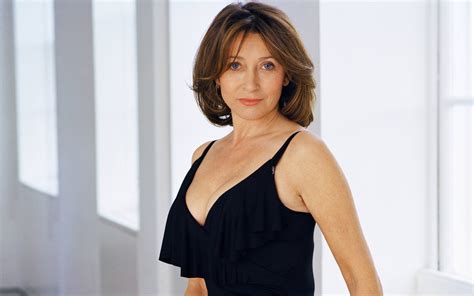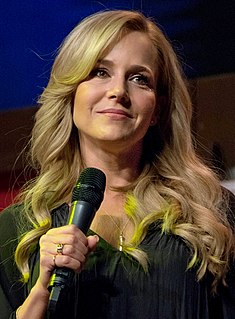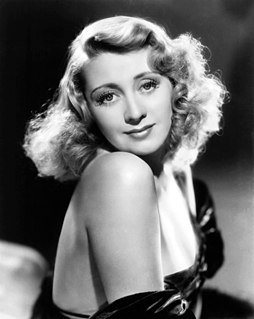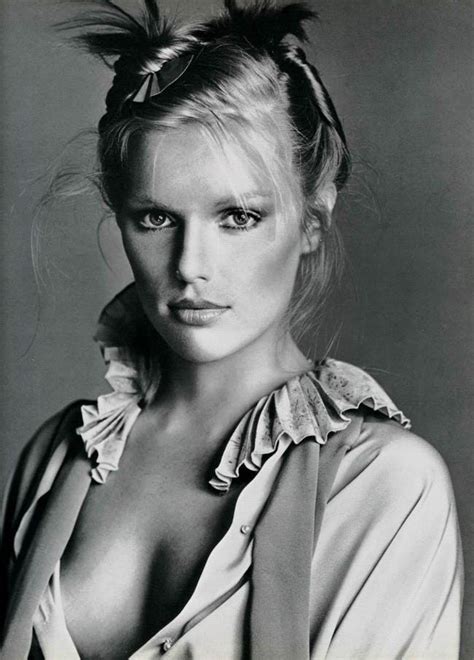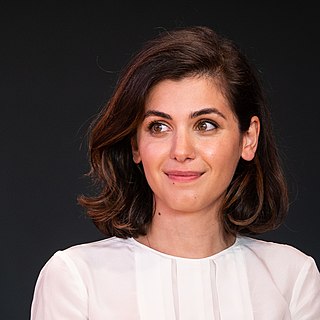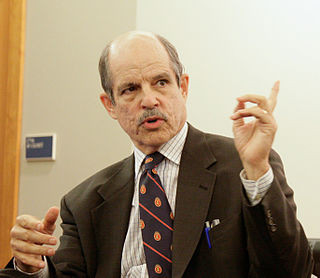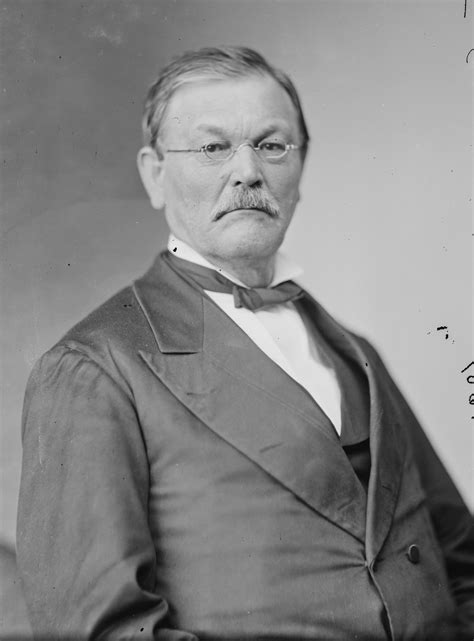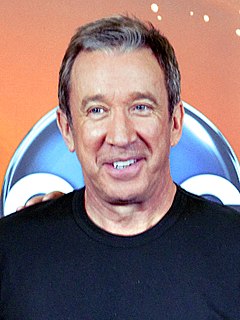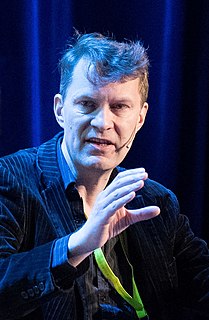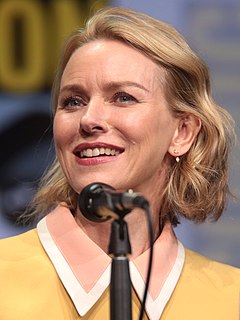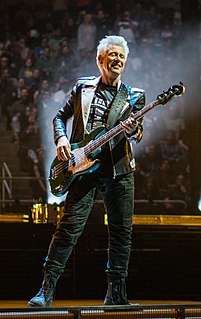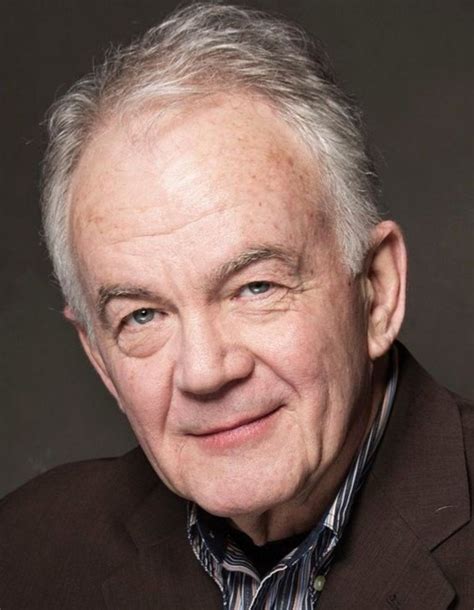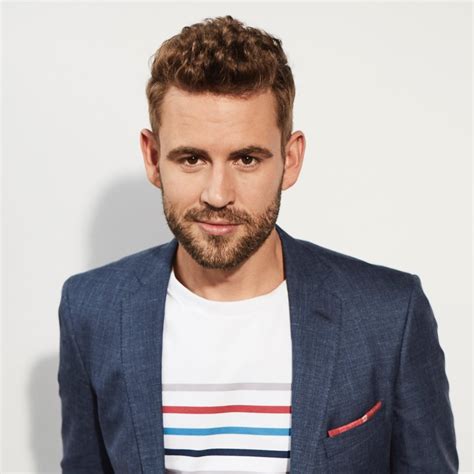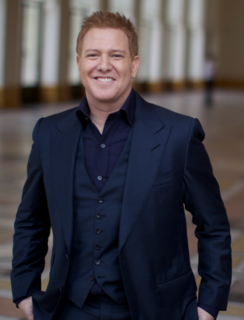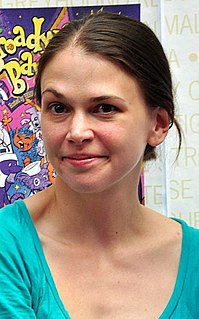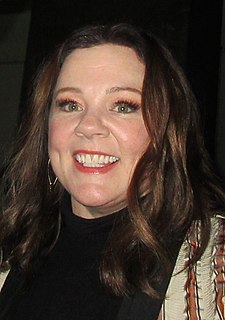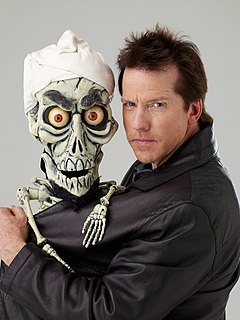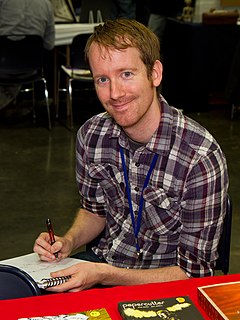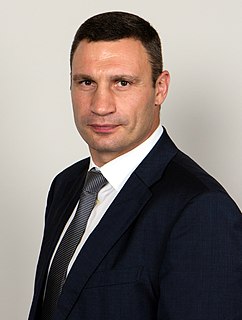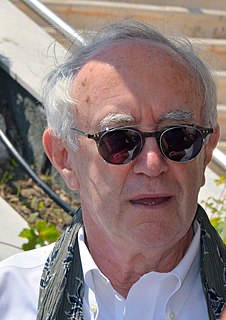Top 1200 Early 20s Quotes & Sayings - Page 19
Explore popular Early 20s quotes.
Last updated on December 18, 2024.
It is the most powerful submission in the sport. It is a beautiful thing. You're holding them into you, their back is on you, and you are basically choking them gradually like a boa constrictor and once you've got them, the pressure goes on and they have to submit or they are going to stop breathing. It happened to me early in my career, and I panicked, and gave in, I tapped out too early. I learned a lot from that. I learned from it, learned how to do the move better, learned how to avoid it being done to me.
My primary early interest was in marketing and my aim was to improve its theories, methods and tools. Early on I pressed companies to adopt a consumer orientation and to be in the value creation business. I didn't pay much attention to the social responsibilities of business until later. Now I am pressing companies to address the triple bottom line: people, the planet, and profits. I found that companies were too much into short term profit maximization and they needed to invest more in sustainability thinking.
Staying interested in a match is a lot harder than many people think. Throughout my career, I've always had trouble in the early rounds of a tournament mainly because it was hard for me to psychologically get up until I got to the quarters or the semis. What happened a lot of times is that I would fall behind early, maybe even lose the first couple of sets in a five-set match and then begin to concentrate. Still it wasn't something I could control from the start.
The idea of the western, I believe, as people conceive of it, is really an artifact of the Hays Production Code of the '20s and '30s, and it has really nothing to do with the West and much to do with the influence of middle-European Jews who had come out to Hollywood to present to America a sanitized heroic idea of what America was.
In my 20s, I got into giving people massages and realised I was able to encourage their bodies to heal by passing my hands over them. I'd never describe myself as a faith healer - it's just that if someone believes in this type of healing, I can help release whatever blockage it is that's preventing them healing themselves.
Only to two or three persons in all the world are the reminiscences of a man's early youth interesting: to the parent who nursed him; to the fond wife or child mayhap afterwards who loves him; to himself always and supremely--whatever may be his actual prosperity or ill fortune, his present age, illness, difficulties, renown, or disappointments--the dawn of his life still shines brightly for him, the early griefs and delights and attachments remain with him ever faithful and dear.
The most important difference between these early American families and our own is that early families constituted economic unitsin which all members, from young children on up, played important productive roles within the household. The prosperity of the whole family depended on how well husband, wife, and children could manage and cultivate the land. Children were essential to this family enterprise from age six or so until their twenties, when they left home.
So when people used to call me 'chinki' I thought that okay maybe my mother is Chinese so they are calling me that. It was only in my 20s, when I travelled to the north-east that I realised that it was racist and that the north-easterners were called this and they were not considered Indians just because of the way they look.
When building a complex system, having crackerjack programmers (who can make any design work, even a bad one) can be a liability. The result, after lots of effort, is a working system that cannot be easily maintained or upgraded. Good -but not great- programmers would fail early, causing a realization that the system must be redesigned, and then reimplemented. The extra cost is paid once, early in the system's cycle (when it is cheap), instead of repeatedly paid late in the system's cycle (when it is more expensive).
My family was musical on both sides. My father’s family had a famous flautist and a classical pianist. My mother won a contest to be Shirley Temple’s double — she was the diva of the family. At 8, I learned how to play guitar. I used to play songs from the ‘20s, ‘30s and ‘40s in the kitchen for my grandmother.
I look at it this way: How much of the day are you awake? You think, "I've gotta get that dry cleaning, I gotta get this going, and this, and this, and this." And all of a sudden it's dinnertime. And then there's a moment of connection with your spouse or your friends. Then you read and go to bed. Wake up and then it's the same all over. You're not awake, you're not living, you're not experiencing. We start early medicating ourselves. We start kids early, on TV and video games and so on.
Germany's hierarchical reverence for seniority may have something to do with the fact that everything here happens relatively late. Germans start school at six, graduate in their late 20s, and get their first proper jobs in their 30s. Adolescence can go on a long time. It is rare for anyone to achieve responsibility before their 50s.
I didn't get to college until my 20s, because I was a young father on welfare and had to take all kind of jobs to support my young son. There's what frames my view on the topics I discuss on my shows, and the average person relates to that. No matter how many degrees I have now, I lived that life, and that comes through to the people watching.
My family was musical on both sides. My father's family had a famous flautist and a classical pianist. My mother won a contest to be Shirley Temple's double - she was the diva of the family. At 8, I learned how to play guitar. I used to play songs from the '20s, '30s and '40s in the kitchen for my grandmother.
I've been on television since I was about 17. I had opportunities - one major opportunity I blew in my 20s. Once I started down this pathway, it was a case of not letting anyone stop me. Not my wife, not my family. It was getting too late to give it a small percentage. I had to give it one hundred percent.
When you look at every studio in the '20s or '30s, from Louis B. Mayer to Jack Warner, you see people who started with one plan and quickly shifted gears to adapt to a changing world. One of my favorite stories is that Walt Disney mortgaged his house to make 'Snow White.' He saw there was a real opportunity to change the world.
I think way back, the '20s or the '30s, when Kodak came out with the Brownie and they put a list of instructions on the box, like how to use this thing, I think someone arbitrarily said, 'Make sure the person in the photograph is smiling.' And we went from that one sort of set of industrial instructions to this whole culture of perkiness.
For the first time in my life, in my mid-20s, I started to question things. Had I been deceived? I thought I had been destined for something great - to be Whitney Houston or Jennifer Holliday or Phylicia Rashad. I started to realize that a lot of people think that, and it doesn't happen for almost everyone.
In early psychoanalytic thought, narcissism was - and still, of course, is - self-love. The early psychoanalysts used to talk of libido directed at the self. That now feels a little quaint, that kind of language. But it does include the most fierce and self-displaying form of one's individual self. And in this way, it can be dangerous. When you look at Donald Trump, you can really see someone who's destructive to any form of life enhancement in virtually every area. And if that's what Fromm means by malignant narcissism, then it definitely applies.
Becoming emancipated at 14, my life wasn't normal. I didn't have to go to school, so I didn't. I was rebellious by nature. I spent my 20s focusing on my company, Flower Films, and producing movies. Now that I'm almost 30, I would like to try other things in lie. I'm crazy about photography, and I want to take an art history class.
If the goal is to dramatically improve college completion rates, not college-going rates by itself but college completion, it's not just a college problem. We need a big focus on early childhood education. Our early childhood education system is pretty good in this country. Not enough students have opportunity. And, very discouragingly, they lose their advantage because they go to poor schools after that. So, let's focus on our babies.
Sometimes I train in the middle of the night, all on my own. Can't sleep, don't want to sleep, get up, go to the gym, work. This is early for me, being here at half ten in the morning, this is really early, and I'm only here because I screwed up yesterday and kept you hanging around. Other times I'll call up my wrestling coach, or my jiu jitsu coach, or my deep-tissue guy, and want to really focus on one part of what I do. I train in all these different disciplines.
Some sleep too much...there must be an excellent reason for the injunction to retire and arise early. ...You will profit by this counsel if you heed it...The world is a more beautiful place early in the morning. Life is so much more calm. Much more can be accomplished in a shorter amount of time... Some are habituated to going to bed late and sleeping much longer than your system really needs and thus missing out on some of the personal inspiration you could be receiving.
My former agent introduced me to darts by saying it was a game that would be a lot of fun. He knew I had to concentrate on hitting three 20s or a double or a treble - as this is a target you must achieve. Your mind is focused on accuracy. And it's the same in football, where I must strike the ball just to the right or left of a post.
My sense of politics and justice was deeply shaped in adolescence by my involvement with the underground punk - rock scene, and though lots of social and political issues had come forth in my comics, it wasn't until my late 20s that I felt properly equipped to address certain issues of race, power, and violence in my work.
It took a while to decide I wanted to do Hamlet. It wasn't that I was daunted - I'd been acting professionally since my mid-20s and had some pretty big Shakespearean roles under my belt by that stage, at 32: Petruchio in 'The Taming of the Shrew,' Edgar in 'King Lear,' Antony, Richard III. But when it came to Hamlet, I hesitated.
I moved to Chicago in the early 1990s and I studied improvisation there. I learned some rules that I try to apply still today: Listen. Say yes. Live in the moment. Make sure you play with people who have your back. Make big choices early and often. Don't start a scene where two people are talking about jumping out of a plane. Start the scene having already jumped. If you're scared, look into your partner's eyes — you will feel better.




